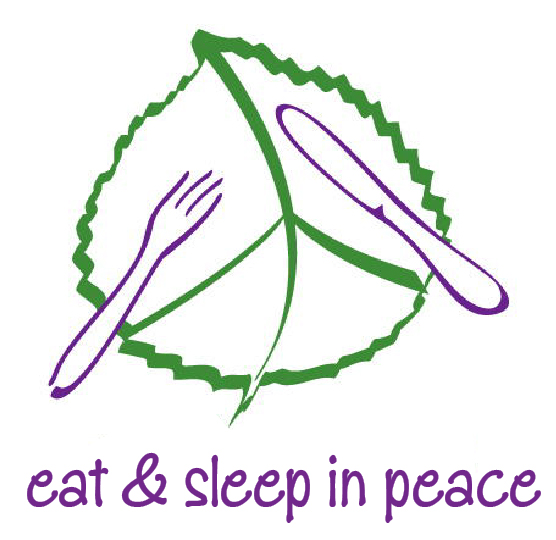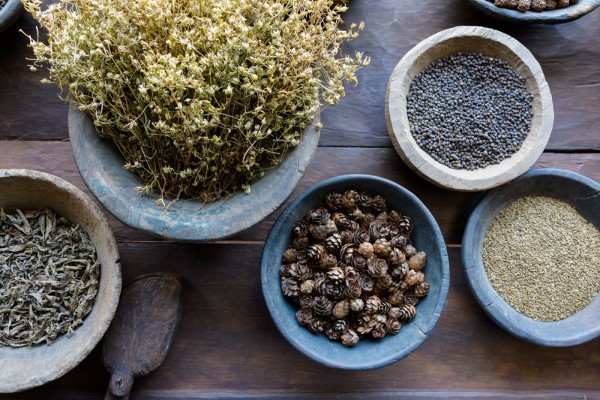The possibilities are endless when it comes to how plants can affect your life. One of the beautiful aspects of herbal medicine is the intention that goes in to herbal formulations, both on the part of you as the client and me as the practitioner. We decide together what herbs can do for you (within reason of course)! Ultimately, I use herbs to increase vitality.
Vitality is defined in the dictionary as:
- The peculiarity distinguishing the living from the non living.
- Lively and animated character.
- The capacity to live and develop.
- Physical and mental vigor.
On a more personal level to me, vitality is waking up each morning happy and eager to start my day. Sometimes the vitality gets blocked, and energy does not flow smoothly. It is almost as if the body forgot how to do something. Herbs can remind the body of how to function again. Sure, like any tool, herbs have limitations, but when they hit the right button, long-lived physiological patterns can dissolve, and you feel full of life.
Another way of looking at it is that an herb asks the body to do something. This is why they work best in combination with changes in diet and lifestyle. If the resources are lacking in the body, herbs will not perform as well, or maybe not at all. This is why nothing can compensate for a poor diet, an unrecognized food allergy, chronic sleep debt, or unhealthy thought patterns.
Very often we are not sure how they work. Scientists like to look for the active constituent in an herb: let’s discover exactly what is responsible for this herb’s action. This is the origin of many pharmaceutical drugs. Sometimes we will discover the active constituents in a plant and be able to study how we think the plant works, but very often the identified constituent will not have the same effect as the whole plant in the human body.
Herbs contain unidentified numbers of constituents that work together synergistically, and for this reason, do not fit into our reductionistic model of thinking. They work best in their whole plant form, gently nudging the body back into balance.
As previously described, herbs create movement where there is stagnation. Exactly how herbs do this is beyond me, and I am humble in the face of Mother Nature and the human body. Very often, it is not the herb doing anything anyway; it is the body’s response to the herb that is responsible for its effects. One drop of a bitter herb such as gentian on the tongue does not do anything, but the body responds to the taste by up regulating its digestive function. The person may notice increased saliva production or appetite, if it was lacking before.
What we can be sure of is observable phenomenon. When an herb shifts your physiology, you will feel it. Herbs do not want to be intellectualized, they want to be experienced and felt in the body, just like food. For this reason, eating and herbal medicine is more of an art, than a science.

